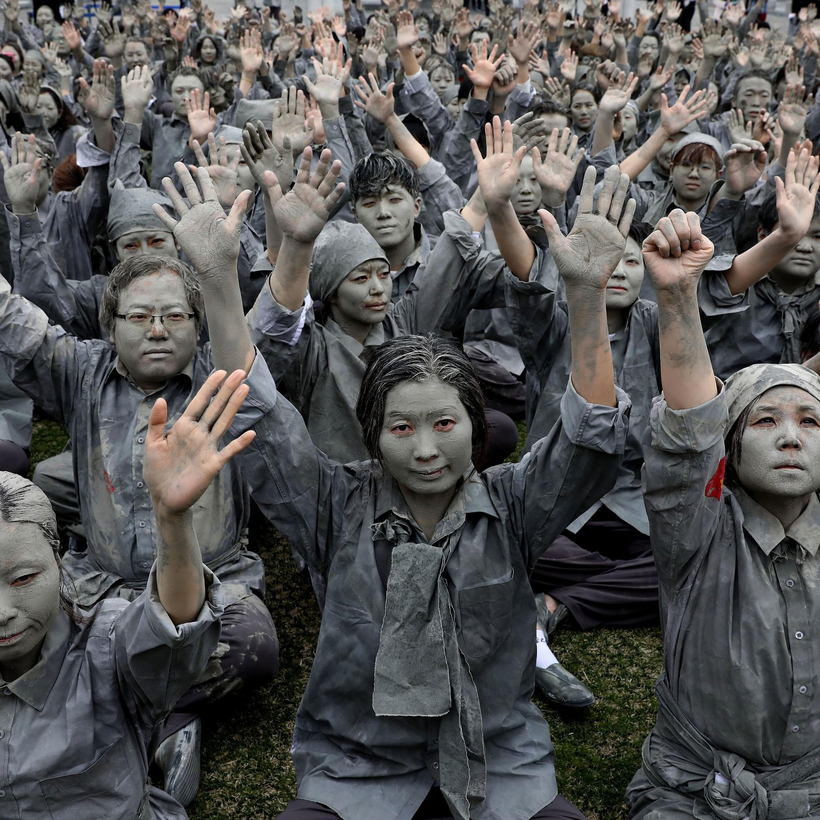translated by E. Yaewon and
Paige Aniyah Morris
Jeju is an island paradise with a dark secret. Every year, millions of holidaymakers touch down on this lush oval-shaped volcanic island about 80 kilometers from the southern tip of the Korean peninsula. But how many of them are aware that between 1949 and 1950 around 700 people were executed at the present site of Jeju International Airport and that many of these bodies remain buried beneath the main runway?
It is the sort of uncomfortable question that Han Kang, who last year became the first South Korean writer to win the Nobel Prize for Literature, poses in her latest novel, We Do Not Part. The 54-year-old writer, best known for her 2007 International Booker Prize–winning novel, The Vegetarian, about a woman whose decision to stop eating meat is met with consternation by her family, has noted that all of her books are “variations on the theme of human violence.”


